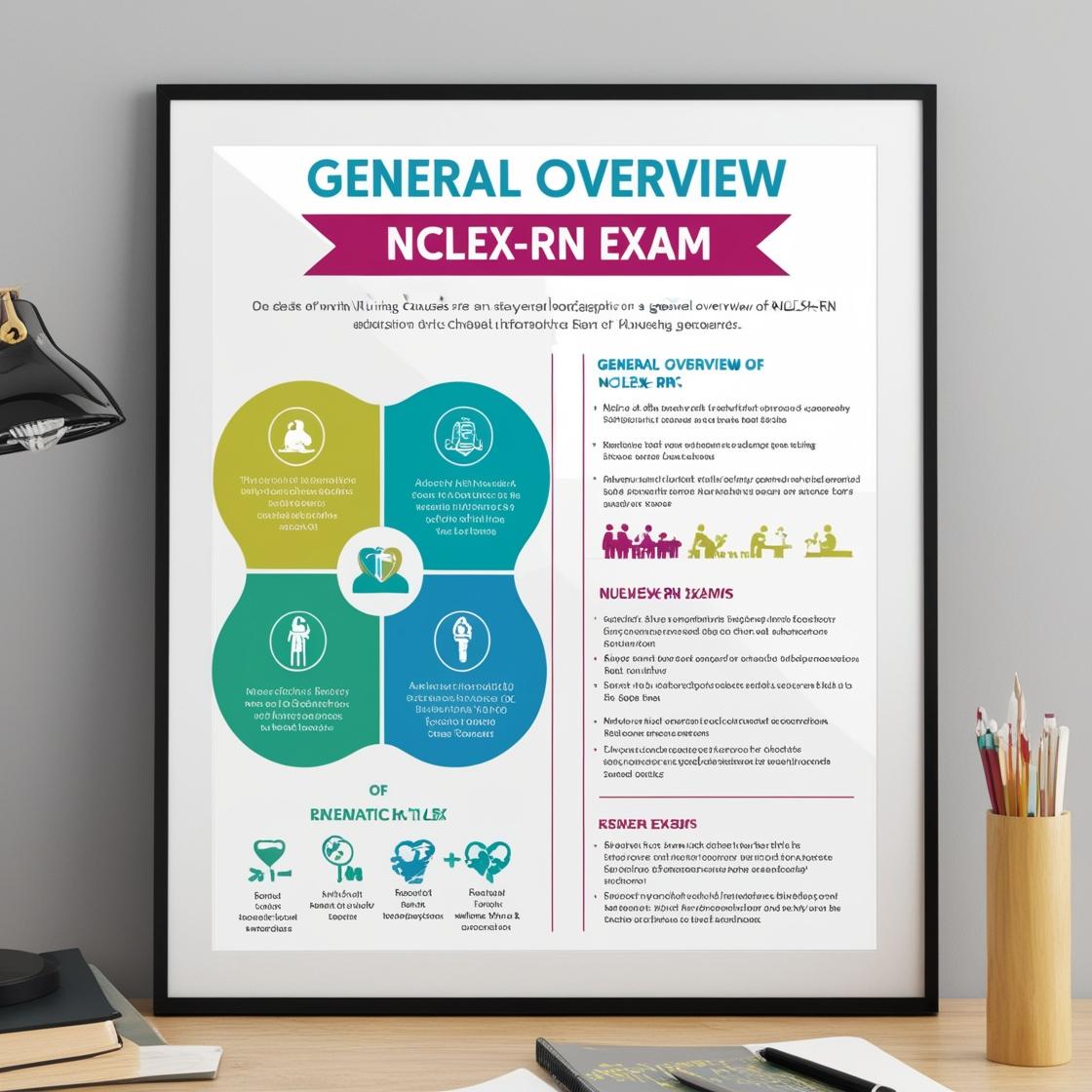NCLEX-RN
NCLEX Psychosocial Integrity Questions
1. What is the priority nursing action to assist an anxious father in his concern about not bonding with his newborn?
- A. Encouraging the father to participate in a parenting class
- B. Providing time for the father to be alone with and get to know the baby
- C. Offering the father a demonstration on newborn diapering, feeding, and bathing
- D. Allowing time for the father to ask questions after viewing a film about a new baby
Correct answer: B
Rationale: The priority nursing action to assist an anxious father in his concern about not bonding with his newborn is providing time for the father to be alone with and get to know the baby. Time alone provides the opportunity for paternal-infant attachment and bonding, which can help reduce the father's anxiety. Encouraging the father to participate in a parenting class, although helpful, does not directly address the immediate need for bonding. Offering a demonstration on newborn care tasks like diapering, feeding, and bathing may not effectively address the father's anxiety at that moment, as he may not be ready to absorb such information. Allowing time for the father to ask questions after viewing a film about a new baby is a simplistic approach that may not adequately address the emotional needs and concerns of the father regarding bonding with his newborn.
2. The wife of a client who is dying says, 'I want to see him, but I can only come twice a week because of work, household chores, and caring for our cat and dog.' Which defense mechanism is the wife using?
- A. Projection
- B. Sublimation
- C. Compensation
- D. Rationalization
Correct answer: D
Rationale: The wife is using rationalization as a defense mechanism. Rationalization involves offering a socially acceptable or logical explanation to justify an unacceptable feeling or behavior. In this scenario, the wife justifies her limited visits to her dying husband by citing other responsibilities such as work, household chores, and pet care. Projection involves denying one's unacceptable feelings and attributing them to others. Sublimation is the substitution of unacceptable feelings or drives with socially acceptable behaviors. Compensation involves making up for a perceived deficiency by emphasizing another perceived asset.
3. Which of the following medications would NOT be an appropriate prn medication for use during an episode of aggression or violence for the patient with a psychiatric diagnosis?
- A. Olanzapine
- B. Meperidine
- C. Ziprasidone
- D. Haloperidol
Correct answer: B
Rationale: Meperidine is an opioid used to treat pain and is not suitable for managing aggressive or violent behavior in patients with psychiatric diagnoses. Olanzapine, ziprasidone, and haloperidol are appropriate choices for managing aggression or violence. Olanzapine and ziprasidone are second-generation antipsychotic medications, while haloperidol is a traditional antipsychotic. These medications have demonstrated effectiveness in managing aggressive behavior, with or without the adjunctive use of a benzodiazepine. Meperidine's primary indication is for pain relief, making it unsuitable for managing psychiatric-related aggression or violence.
4. What action would the nurse take for a 4-year-old child who is called to the operating room for a planned myringotomy?
- A. Removing the child's undergarments
- B. Placing the child's toys on the bedside table
- C. Allowing the child to climb onto the stretcher
- D. Having the parents accompany the child to the operating suite
Correct answer: D
Rationale: The correct action is to have the parents accompany the child to the operating suite. Current practice encourages parents to stay with the child as long as possible to reduce stress related to a frightening experience. Removing the child's undergarments is usually not necessary for a myringotomy procedure. Placing the child's toys on the bedside table is important, especially a favorite one, for comfort until sedation is induced. Allowing the child to climb onto the stretcher may not be safe or appropriate as the child is too young to do so independently.
5. Which factor is most critical for a single mother of 2 children who recently lost her job and does not know what to do?
- A. Developmental history of children
- B. Available situational supports
- C. Underlying unconscious conflict
- D. Willingness to restructure lifestyle
Correct answer: B
Rationale: In a crisis intervention, the priority is to identify available situational supports, such as family, friends, community resources, and social services, that can help the single mother and her children during this difficult time. Understanding the developmental history of the children may be important to assess their needs, but it is not the most critical factor in this immediate crisis. Exploring underlying unconscious conflicts is more suited for long-term therapy rather than crisis intervention. While the willingness to restructure lifestyle may eventually be necessary, the immediate focus should be on finding support systems to address the current crisis.
Similar Questions

Access More Features
NCLEX RN Basic
$69.99/ 30 days
- 5,000 Questions with answers
- Comprehensive NCLEX coverage
- 30 days access @ $69.99
NCLEX RN Premium
$149.99/ 90 days
- 5,000 Questions with answers
- Comprehensive NCLEX coverage
- 30 days access @ $149.99
